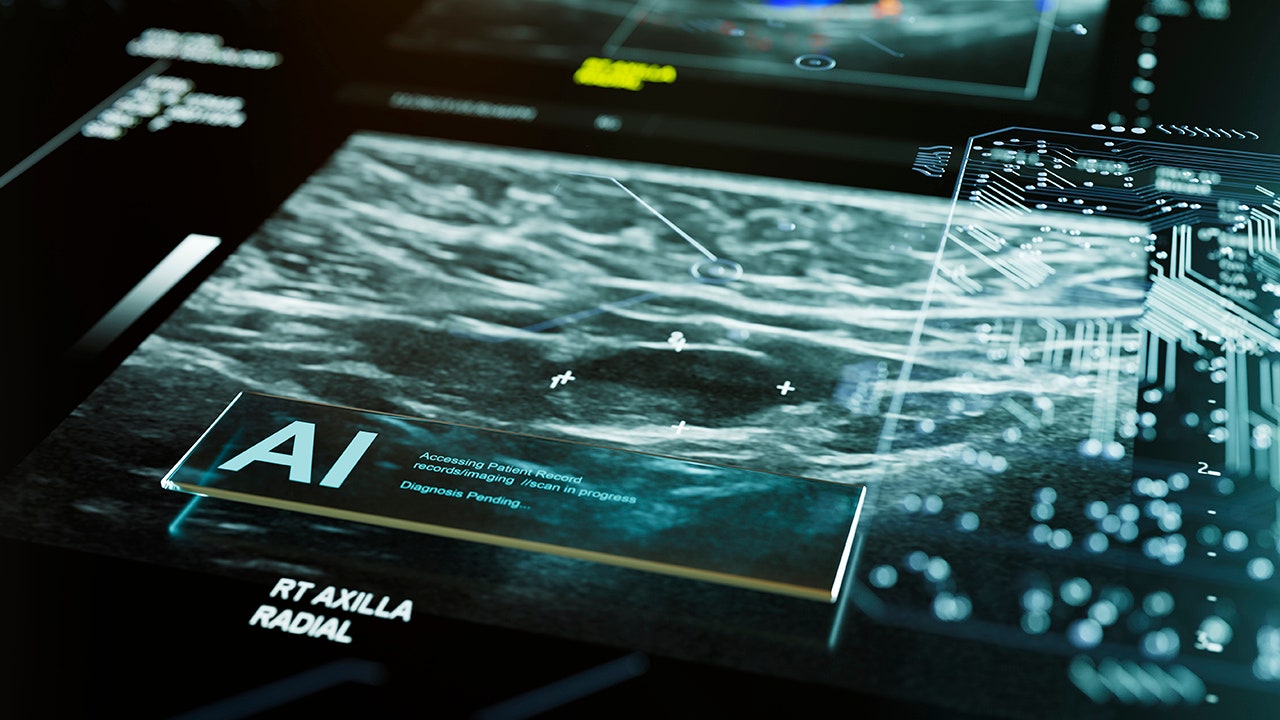FDA Approves First AI Tool for Breast Cancer Risk Prediction

Recent advancements in Artificial Intelligence (AI) are rapidly transforming various sectors, from healthcare and law enforcement to creative arts and global investment strategies. These developments bring forth innovative solutions while also prompting discussions on ethics, regulation, and societal impact. The U.S. Food and Drug Administration (FDA) has recently marked a significant milestone by approving the first AI tool designed to predict an individual's future risk of breast cancer. This technology aims to make cancer screenings smarter and more personalized, with medical analysts like Dr. Marc Siegel highlighting the potential of such AI-driven diagnostics, including AI medical bots capable of scanning mammograms for early detection.
Beyond healthcare, the integration of AI is also evident in addressing workforce challenges. For instance, Taiwan's hospitals are increasingly turning to AI and robotics to combat a projected global shortage of 4.5 million nurses by 2030. Burnout among nursing staff is a leading cause for this deficit, and AI-powered robotic assistants, such as Nvidia's Nurabot, are being integrated to support healthcare professionals and maintain high standards of patient care. This trend underscores AI's potential to augment human capabilities in critical service sectors.
The burgeoning influence of AI has also led to significant legal and ethical discussions. OpenAI, a prominent AI research and deployment company, finds itself in a notable copyright dispute with The New York Times. OpenAI CEO Sam Altman has stated the company's intention to appeal a court decision in this case, and has also called for considerations around "AI privilege," highlighting the complex legal frameworks needed to govern generative AI technologies and their use of existing data.
In the realm of public safety, AI is being harnessed to improve operational efficiencies. Flock Safety has introduced Flock Nova, a new technology aimed at enhancing data sharing and access for law enforcement agencies. This tool addresses common challenges in crime prevention by providing better data integration, thereby potentially improving response times and investigative capabilities.
The economic landscape is also being reshaped by AI, with substantial investments pouring into the sector. Amazon is making a significant commitment by investing $10 billion to establish data centers in North Carolina, specifically to expand its AI and cloud computing technology capabilities. Furthermore, the financial markets are reflecting this enthusiasm with new investment vehicles, such as an exchange-traded fund (ETF) based on 30 AI stock picks from leading Wall Street analysts, offering more comprehensive ways to invest in the next generation of AI companies.
However, the integration of AI into public life is not without its challenges and public scrutiny. In the creative industries, artist Kesha recently changed the cover artwork for her single "Delusional" after receiving backlash from fans over an initially used AI-generated image. This incident highlights ongoing debates about authenticity, artistic integrity, and the role of AI in art creation.
Concerns about the safety and control of advanced robotics have also been reignited. A widely circulated video showed a Unitree H1 humanoid robot, approximately the size of an adult human, unexpectedly flailing its limbs with considerable force during a test, narrowly avoiding technicians. Such incidents underscore the importance of rigorous testing and safety protocols in the development of sophisticated robotic systems.
This global focus on technological advancement is also evident in national strategies, such as the UAE's pivot from oil towards "cutting-edge technologies." This shift, often encompassing Artificial Intelligence development as a key component, reflects a broader international trend where countries are recognizing the transformative potential of advanced technologies and incorporating them into their future development plans, fostering partnerships and collaborations to drive innovation.












